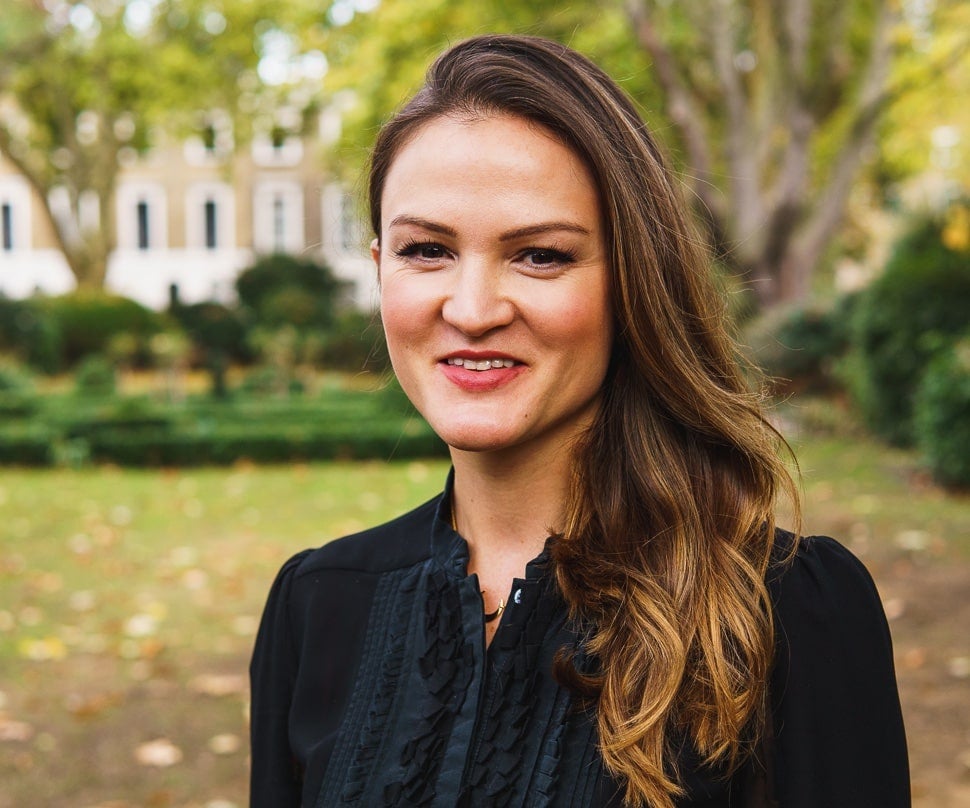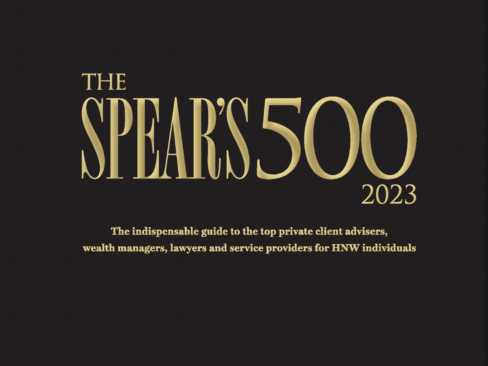For those new to or unfamiliar with philanthropy, hearing that the process comes with many challenges and points for consideration may come as a surprise. While it’s not as straightforward as simply giving a donation or naming a charity as the beneficiary in a will, you be asking: exactly how hard can it be to just give money?
As much as philanthropy can be an inspiring opportunity to give back to a community and bring a family closer with a cause in mind, it can be a confusing process, not least one that can open someone up to potential criticism.
Yet recently, some elements of philanthropy have garnered an unfair reputation. “There has been a lot of skepticism and scrutiny of philanthropy generally over the past few years,” says Juliet Agnew, head of philanthropy at Barclays Private Bank. “We don’t want people to stop giving – in fact, we want people to do more of it. So really the focus has to be on how do you inspire people and how do you make sure that they do better.”
[See also: Ben Goldsmith on Philanthropy, Rewilding and Tackling His Critics]
That’s a simplified introduction to Agnew’s role at the Philanthropy Service, which sits within Barclays Private Bank, serving the bank’s wealthiest clients as a complementary service. As a service it aims to engage, educate and support clients with their personal giving aspirations, whether that is through advice and information, answering any questions or asking (even challenging) clients about their motivations for giving. Overall it’s about helping clients to navigate the charitable landscape and enable philanthropists to feel confident about their giving.
Agnew says: “There are a lot of myths about the charity sector and about philanthropy that I think persist. If you’re on your own and you don’t have someone acting as a sounding board or someone going ‘Hang on a minute, can I just check that thing you’ve mentioned there? Have you got that from evidence or is that coming from a belief that we might have to unpick’.

“For example, there’s this common belief that a good charity has low operational costs. It’s a complete red herring. So those are some of the ways in which having an advisor can help, not in the least just to feel not alone in the process can be really valuable.”
Agnew has been at Barclays Private Bank since 2021 and in that time has witnessed firsthand how the conceptions around philanthropy have developed in line with changing social norms. She says: “I think that historically, there was a time when it was considered normal for the philanthropist to be almost like the hero in the dynamic. And that has really changed.”
[See also: Premium London Property More in Demand Than Ever]
As Agnew points out, the increased level of scrutiny highlights that globally there is a growing wealth inequality, which is becoming an increasing concern for the general population. Large-scale crises from just recent years – the climate, the Covid pandemic, the US’ restriction of women’s rights and multiple global conflicts – will always draw public attention to important causes in need, but they also have an impact on the public’s perception and social concerns. “With the increased scrutiny, [clients] are really worried about doing it wrong,” stresses Agnew. “But we need people to give boldly and take some risk.”
Growing public conversations around acknowledging one’s privilege and taking accountability have developed into further discourse around acknowledging the potential power imbalance in the relationship between philanthropists and the organizations they wish to help.
[See also: How to Integrate Your Family into Philanthropy]
“People [who] don’t have access to resources and power in the same way [as clients] can be a little bit intimidated by funders,” says Agnew. “[Or] funders may not be aware that are making unfair demands of those communities or organizations without really thinking about it.”
One example Agnew offers is asking a charity to complete a complicated application form, which may take a large amount of resources, and then they may not hear back. This may seem small, but for a charity, this could waste a huge amount of resources for very little reward while on the other side of the coin, may suggest the philanthropist has little consideration for how the cause or community operates.
One of the ways the advisers at Barclays Private Bank encourage their clients to address this area of potential conflict is by encouraging an open dialogue with the organization, in particular by using feedback in the decision-making processes. Involving an organization in the process gives the client additional context that can help them understand the needs of the communities they wish to serve.
To provide additional guidance, the service has published its Guide to Giving, a comprehensive, all-you-need-to-know report for anyone at any stage of their philanthropy journey. The guide covers the key issues and questions a donor might consider if they wish to be more effective as a donor today, such as addressing differentiating generational attitudes, strategic and informed giving, and aligning philanthropic aims to those of the UN’s Sustainable Development Goals. Agnew says: “[Philanthrophy] is a complex topic, so we try to demystify it for people who are interested with the goal of helping them to do better and ideally more philanthropy over time. We have a strong view that philanthropy is a really positive tool in society.”
[See also: Telmont’s Ludovic du Plessis on Bold Ambitions for a Green Future]
The guide also provides various case studies of a variety of successful donors in the hopes of not only providing real-world context or solutions to some of the issues philanthropists can encounter but also encouraging clients to connect and share.
Agnew stresses that as much as philanthropy can be an immensely rewarding process, it can also feel quite isolating, with some cases even feeling disappointing or challenging for new philanthropists when the process is not entirely seamless. She says: “I’ve heard so many very smart [doners] say to me, ‘You know, I’ve run successful businesses, and this is the hardest thing I’ve ever had to do’.”
One of the most rewarding parts for Agnew, then, is being able to connect clients with others who have been on that journey already. “There are amazing donors out there who are willing to share their expertise and stories, so we do a lot of connecting, formally and informally, sometimes at events, but sometimes more informally with like-minded people, says Agnew.”
Because playing a part in solving some of the world’s biggest problems and being confronted with issues such as climate change or women’s issues – especially when it feels like progress is slow to be made – can feel hopeless for some.
“Sometimes when you’re confronted with these kinds of issues on a day-to-day basis, along with the skepticism, [it can] sometimes come to look quite heavy and quite bleak,” empathizes Agnew. But equally, it is during these challenging moments that open communication and outreach are never more important.
“Philanthropy is all about relationships, it’s all about people. It’s all about help trying to help other people,” says Agnew. “Good philanthropy doesn’t happen in a vacuum. It happens as a result of inspirational people, listening to them, understanding their needs, and flowing resources to them.”










